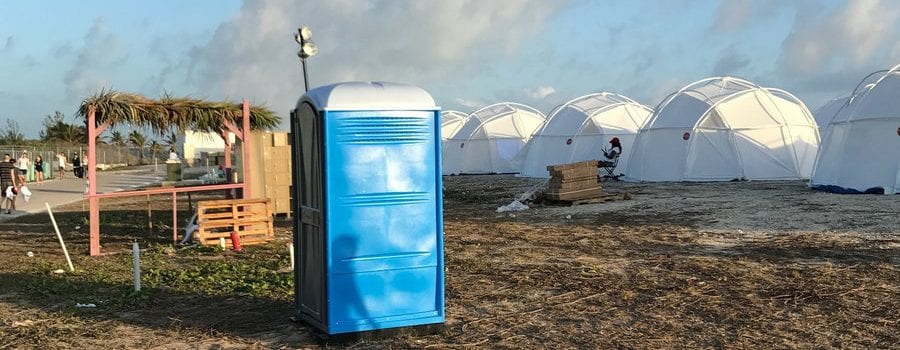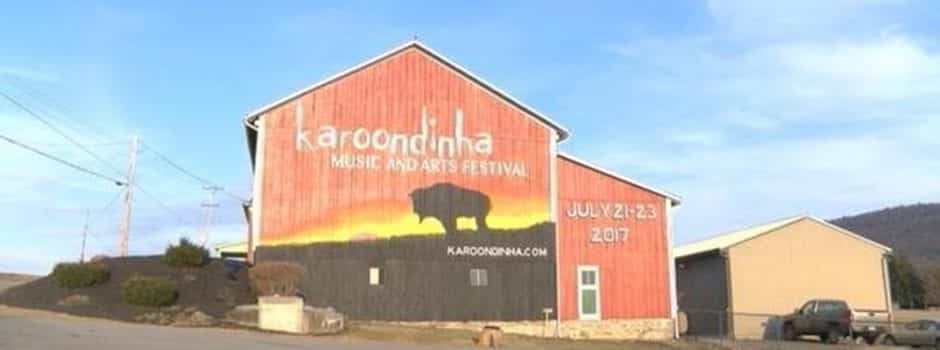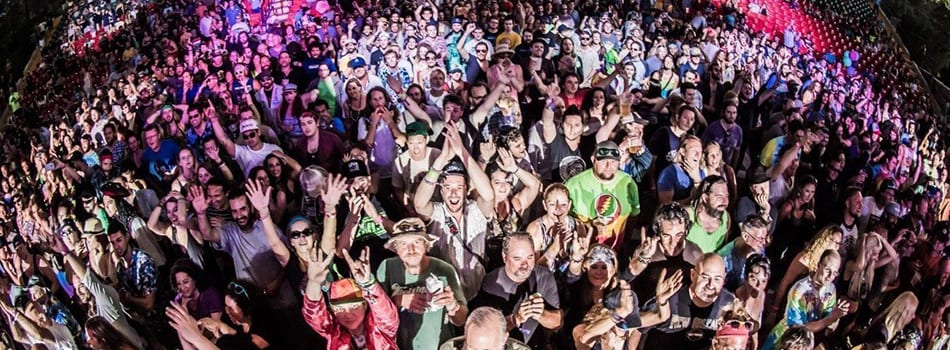The large-scale, multi-day music festival, made a commonplace event by recognizable fests like Coachella, Ultra, and Bonnaroo, is increasing in both popularity and frequency. But with capacity comes responsibility, and certainly more opportunity for error. Between issues of money, safety, and overall expectations, what happens to the fans when festivals come up short?
The most notable festival fail maybe of all time was this spring’s Fyre Festival. The event was organized by CEO Billy McFarland and artist Ja Rule, and advertised by social media influencers like Kendall Jenner and Bella Hadid. It was supposed to have been a two-weekend luxury event on a private island in the Bahamas, filled with top-shelf booze, gourmet meals, and the hottest names in music. As you would expect, admission was thousands of dollars. What guests did not expect was arriving to disaster relief tents, pre-packaged cheese sandwiches, and portable toilets. Many were stuck at the airport for hours trying to flee this disastrous dupe of a festival. Thankfully, full refunds were issued, but McFarland was arrested and the company behind the festival was placed into bankruptcy.

Now, although this is the most extreme of festival fail cases, it is one that marks a trend in organizers shooting for the moon in creating these magical, utopian, and extremely Instagram-worthy events, and then inevitably failing to deliver. Pemberton Music Festival, set to occur in July of this year in Pemberton, British Columbia, was doomed before it even began. This time, fans who shelled out almost $500 for the festival were not so lucky- they were told they would not be receiving refunds for their tickets because the festival had gone bankrupt. Ticketholders were advised to file a claim as an unsecured creditor with PMF’s trustee, Ernst & Young, but a refund was not guaranteed. The only saving grace in this disaster was fellow festival WayHome in Canada, who offered passes to anyone who had purchased tickets to Pemberton.
A similar act of kindness in the festival circuit occurred after the sudden cancellation of Karoondinha Music Festival, set also to occur in July, this time in Centre Hall, Pennsylvania. Organizers cited lower-than-expected ticket sales for the cancellation, but the website announced that they would be providing refunds for all tickets purchased and also working to reschedule the festival for a later date. Regardless, West Virginia-based music festival Deep Roots Mountain Revival, set for the same weekend Karoondinha would have taken place, announced it would honor all tickets for the cancelled festival. The festival’s founder, Claude Ryan, released the following statement:
“Deep Roots Mountain Revival just learned that Karoondinha has canceled their event and we realize that it’s the ticket holders who are the ones that suffer. We never want to see another event fail, or watch the fans of the festival scene feel as though they received the short end of the stick.
In an effort to shine a positive light back into a scene that is near and dear to our hearts, we will be honoring all Karoondinha weekend and single day passes at this year’s Deep Roots Mountain Revival, July 20-22, 2017 on Marvin’s Mountaintop in Masontown, W.Va.”
More than just fiscal issues have affected festival success; last year, Houston Open Air Festival attendees received full or partial refunds after many bands declined to take the stage in inclement weather. Performances were delayed, moved, and one stage was shut down entirely due to overcrowding at Rolling Loud Festival this spring in Miami. Liverpool’s Hope & Glory Festival was cancelled mid-weekend due to overcrowding, long delays, and “chaos” in the audience.

And these are only the matters of inconvenience. Safety concerns have been huge for music festivals. Security failed fans at London’s South West Four last month when a substance thought to be CS gas or pepper spray was let off into the crowd, causing coughing, choking, temporary blinding, and a dangerous stampede of terrified guests trying to escape it. An attendee told Mirror that “there were no announcements from festival staff, nor did anyone approach them to see what was wrong or to offer medical assistance”.
Another UK festival- Boardmasters in Cornwall– saw several injuries caused by over-excitement alone. Fans rushed the stage when English rapper Stormzy took the stage, and it was his own actions in stopping his set upon screams from the crowd that got the incident under control. A spokeperson from the festival said that “three festivalgoers were taken to hospital and treated for fractures”.
In the gravest of situations born out of what were meant to be fun-filled and inclusive events, two death have occurred at music festivals this year alone, at Burning Man in Nevada and Bestival Festival in Dorcetshire.
Of course, hundreds of festivals go on every weekend across the world without a hitch. More than enough instances have occurred, however, for those in control of these events to realize the possibilities when you collect millions of dollars from young people without a surefire economic plan yet in place; when you gather a huge number of young, excitable people in one confined area, often on very hot days and often with the factors of drugs and alcohol coming into play.
The music festival has been and can be a success, and a beautiful way to bring people of all backgrounds together to enjoy a weekend of artistry. In facts, in almost each of these festival horror stories, it was fellow music fans in the crowd who came to the assistance of those in need. It should be noted that it’s those fans who suffer when things go south, and it’s high time that those in control of organizing these events realize they are not free-for-all house parties or get-rich-quick schemes; they are high-capacity, high-stakes events, and must be planned in accordance with their consequences.




